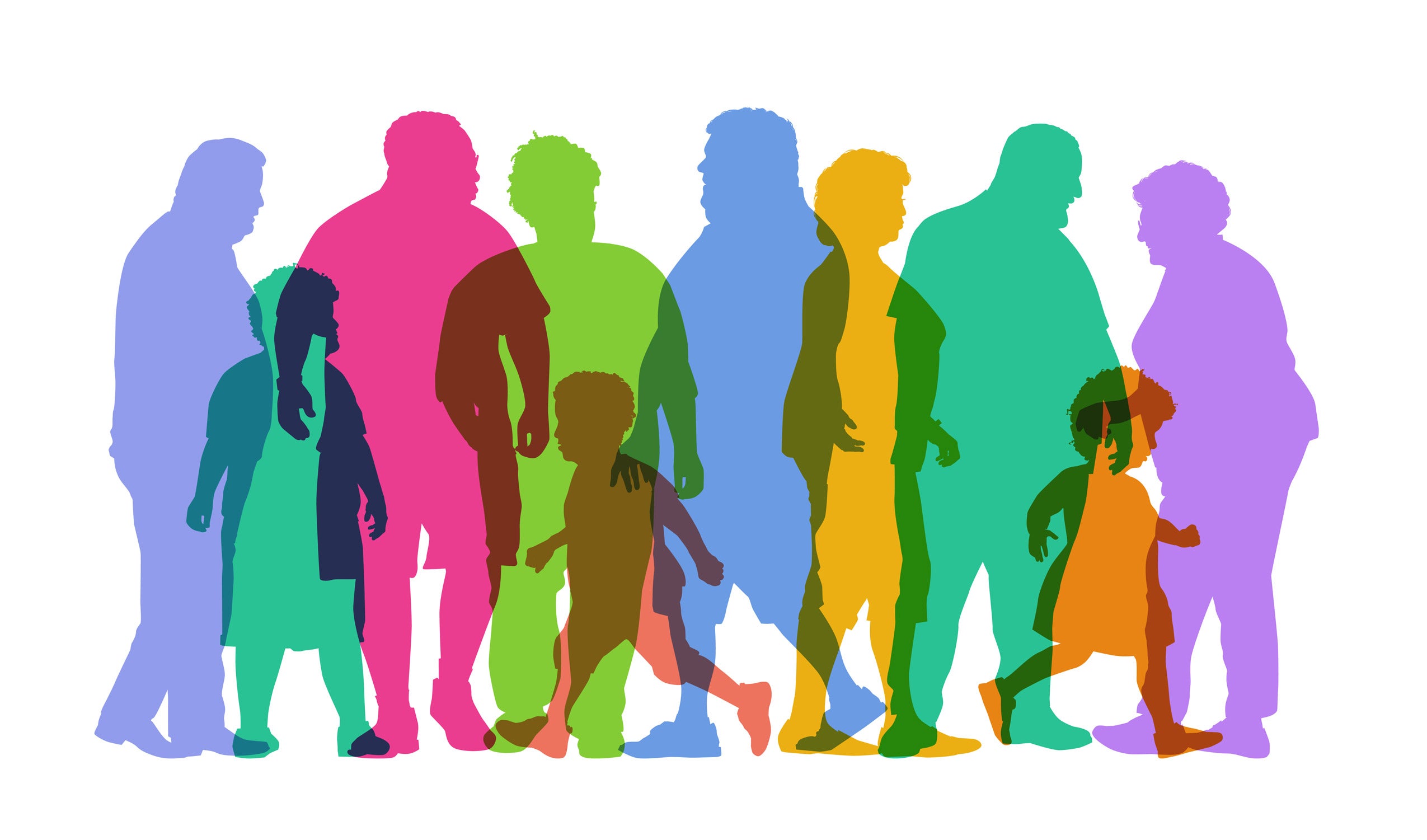by Mark Gillespie J.D.’21

Like many others, I chose to attend law school because I was inspired by our constitutional tradition. And as a member of a faith with a history of persecution, I have always had a particular regard for the First Amendment’s promise of religious liberty. I explored this interest at Harvard by taking advantage of doctrinal courses, research seminars, guest speakers, and student journal writing. My classes taught me about the complex legal landscape surrounding the Religion Clauses (from the Lemon Test to RLUIPA) and helped me develop an informed, nuanced view of issues in religious freedom law. Yet while intellectually rigorous, I found that these opportunities usually approached religious freedom in the abstract—as a doctrinal puzzle or an intricate legal problem rather than a precious individual right. A steady diet of Supreme Court opinions and law review articles can lead to a rarified view of constitutional law, one that glosses over its applications in what Robert Cover famously called “a field of pain and death.” I had learned much about religious freedom law, but little about what it means to be a religious freedom lawyer.
The Religious Freedom Clinic, introduced at HLS my 3L year, provided this missing perspective. Visiting Professor James Sonne (of Stanford Law School) directed the clinic during its inaugural year. His focus on serving clients and letting students lead made the clinic one of the highlights of my legal education. The clinical experience not only gave me a taste of what religious freedom looks like in practice, but also taught me several fundamentals of effective advocacy.
Successful lawyers are sensitive to their clients’ needs. But such sensitivity can’t be learned in a classroom—it requires practice. The clinic provided genuine opportunities to interact with people seeking legal help. I began my clinical experience with preconceived notions about how to solve our clients’ problems; after all, I knew the law better than they did. But as we talked with our clients, I learned that their needs and wants were often different than I expected. Some of my assumptions turned out to be wrong, and my work improved significantly as I incorporated our clients’ ideas. Focusing on client needs helped me develop traits that every lawyer should have: patience, humility, and a willingness to listen.
Another lesson I learned in the clinic is that litigation, while sometimes necessary, is often not the best solution. Law school emphasizes (and good lawyers understand) the way our court system works. But many clients hope to avoid filing a lawsuit altogether. Instead, they seek reconciliation through less contentious channels. The clinic gave me the opportunity to write legal briefs and develop litigation strategies, as I expected. But one of my biggest projects involved drafting a letter seeking a solution out of court. Good lawyering can often solve clients’ problems with cooperation and communication rather than a costly trial and a formal judgment or verdict.
The clinic’s focus on student leadership also helped develop my practical advocacy skills. One such skill is interviewing. The first time I met with one of our clients, I was hesitant to ask questions and make suggestions; I knew the case, but not well enough to feel confident taking the lead. As a result, the interview was less helpful than it might have been. With Professor Sonne’s encouragement, I prepared more thoroughly for the next interview and found it much easier to address the client’s concerns. Writing is another vital skill for lawyers, and while law school does involve writing papers and exams, the clinic gave me an opportunity to write as lawyers write—collaboratively, across many drafts. Feedback from instructors, fellow students, and clients sharpened my writing skills in a way that my traditional classes could not.
Most importantly, the Religious Freedom Clinic helped broaden my view of what religious freedom should be. I learned about and worked on cases for Jewish, Muslim, Sikh, and Jehovah’s Witness clients representing a broad array of political and social backgrounds. Too often, religious freedom is seen as a touchy issue splitting Americans along partisan lines and inevitably conflicting with other fundamental rights. But in many (perhaps most) cases, it is simply about members of minority faiths seeking to vindicate the First Amendment’s promise of freedom for religious worship. Religious freedom is an issue that transcends boundaries—political, racial, ethnic, and (of course) religious—and protects one of our most precious rights: to believe according to our consciences, and to live what we believe. I am grateful that the Religious Freedom Clinic gave me the opportunity to help others to do just that.
Filed in: Clinical Student Voices
Tags: Class of 2021, Mark Gillespie, Religious Freedom Clinic, Religious Liberties Clinic
Contact Office of Clinical and Pro Bono Programs
Website:
hls.harvard.edu/clinics
Email:
clinical@law.harvard.edu